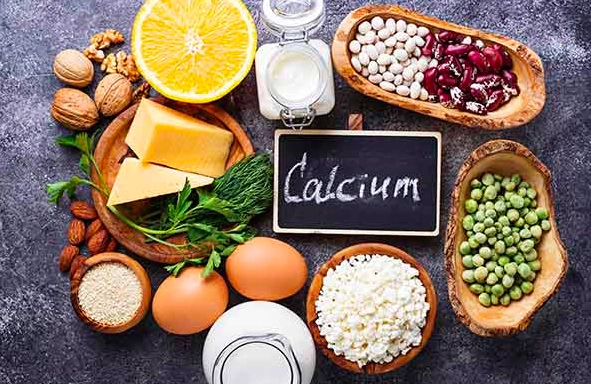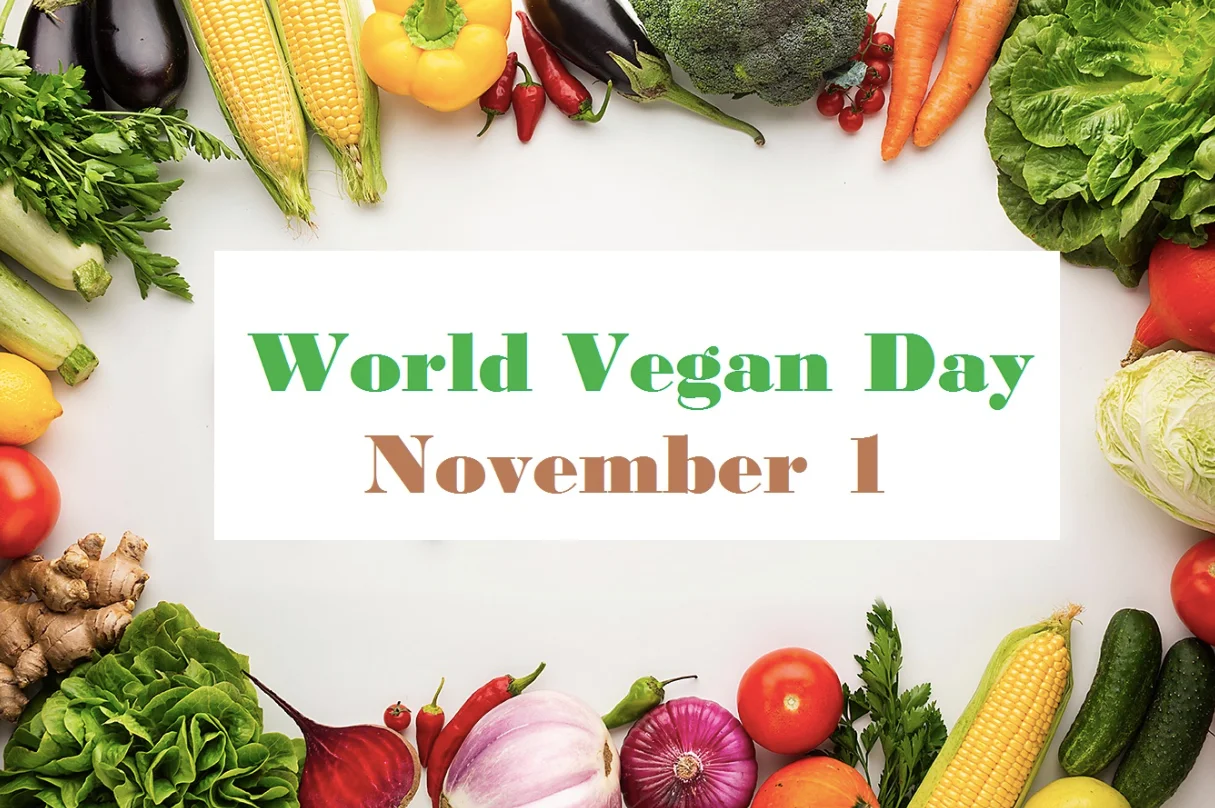People require a mineral, calcium to develop and maintain healthy bones and teeth. Additionally, it is crucial for other bodily processes like blood circulation and muscle control. Calcium must be absorbed from the foods we eat because it cannot be produced by the body. Our bodies require vitamin D to absorb calcium from food effectively.
Calcium is removed from where it is stored in our bones if we do not consume enough calcium to keep our bodies functioning. This weakens our bones over time and may cause osteoporosis, a condition in which bones become extremely brittle.
Calcium: A Mineral that is required for keeping our Bones Healthy
Calcium needs change with age. The Institute of Medicine of the National Academies of Sciences, Engineering, and Medicine (IOM) has established guidelines for the daily intake of calcium.
Recommended Daily Calcium Intake in Milligrams
| Life Stage | Recommended Calcium Intake(Daily) |
|---|---|
| 9 to 18 years (Females and males) | 1,300 mg |
| 19 to 50 years (Females and males) | 1,000 mg |
| 19 to 50 years (Pregnant or nursing women) | 1,000 mg |
| 51 to 70 years (Females) | 1,200 mg |
| 51 to 70 years (Males) | 1,000 mg |
| > 70 years (Females and males) | 1,200 mg |

Dietary Sources of Calcium Mineral
A healthy diet that contains a variety of calcium-rich foods can help people consume the recommended daily amount of calcium. The primary food sources of calcium are dairy products like milk, yoghurt, cheese, and other dairy goods. Other calcium-rich foods are:
- Green leafy vegetables like kale, broccoli, Chinese cabbage (bok choy), and others
- Salmon, sardines, and other fish with soft bones
- Tofu
- Grains, pasta, and bread
- Cereals, juices, and other beverages enriched with calcium.
The body has a harder time absorbing calcium from some foods. You should avoid sodas and other carbonated beverages in particular for many nutritional reasons, including avoiding obesity, in addition to bone health. Sodas contain empty calories and reduce intestinal calcium absorption. For all age groups, milk, calcium-fortified juices, and water are better beverage options.
You can choose foods high in calcium to help you reach your desired daily calcium intake. Here are some important calcium-rich foods to help you plan your meals.

Food Sources of Calcium
| Food | Milligrams per serving | Percent Daily Value |
|---|---|---|
| Milk, nonfat, 220 grams | 299 | 30 |
| Milk, reduced-fat (2% milk fat), 220 grams | 293 | 29 |
| Milk, whole (3.25% milk fat), 220 grams | 276 | 28 |
| Milk, buttermilk, 220 grams | 282-350 | 28-35 |
| Yogurt, plain, low fat, 220 grams | 415 | 42 |
| Yogurt, fruit, low fat, 220 grams | 338-384 | 34-38 |
| Frozen yogurt, vanilla, soft serve, 1/2 cup | 103 | 10 |
| Cheddar cheese, 40 grams | 307 | 31 |
| Cottage cheese, 1% milk fat, 1 cup | 138 | 14 |
| Cream cheese, regular, 1 tablespoon | 14 | 1 |
| Mozzarella, part skim, 40 grams | 333 | 33 |
| Sour cream, cultured, reduced fat, 2 tablespoons | 31 | 3 |
| Soy beverage, calcium-fortified, 220 grams | 80-500 | 8-50 |
| Tofu, firm, made with calcium sulfate, 1/2 cup | 253 | 25 |
| Tofu, soft, made with calcium sulfate, 1/2 cup | 138 | 14 |
| Instant breakfast drink, various flavors and brands, powder prepared with water, 220 grams | 105-250 | 10-25 |
| Orange juice, calcium-fortified, 170 grams | 375 | 38 |
| Ready-to-eat cereal, calcium-fortified, 1 cup | 100-1,000 | 10-100 |
| Turnip greens, fresh, boiled, 1/2 cup | 99 | 10 |
| Kale, fresh, cooked, 1 cup | 94 | 9 |
| Kale, raw, chopped, 1 cup | 90 | 9 |
| Broccoli, raw, 1/2 cup | 21 | 2 |
| Chinese cabbage (bok choy) raw, shredded, 1 cup | 74 | 7 |
| Salmon, pink, canned, solids with bone, 85 grams | 181 | 18 |
| Sardines, canned in oil, with bones, 85 grams | 325 | 33 |
| Tortilla, corn, ready-to-bake/fry, one 6″ diameter | 46 | 5 |
| Tortilla, flour, ready-to-bake/fry, one 6″ diameter | 32 | 3 |
| Bread, white, 1 slice | 73 | 7 |
| Bread, whole-wheat, 1 slice | 30 | 3 |
| Ice cream, vanilla, 1/2 cup | 84 | 8 |
| Pudding, chocolate, ready to eat, refrigerated, 100 grams | 55 | 6 |

Calcium Supplements
Although you can get enough calcium from your diet, many people find it challenging, especially those who don’t eat dairy products. It is more difficult for vegans and people with lactose intolerance to consume enough calcium through food.
If a person does not consume enough calcium from their diet, doctors will advise them to take calcium supplements. Although multivitamins occasionally contain calcium, the amount is usually insignificant. To make sure they get the recommended dietary allowance for their stage of life, a lot of people need to take separate calcium supplements.
The majority of calcium supplements also include Vitamin D, which aids calcium absorption in the body.
The Bottom Line
For the development and maintenance of strong bones and teeth, calcium is crucial. It may play a variety of roles, including controlling blood pressure. It is best to get enough calcium through food sources like tofu, green leafy vegetables, and dairy products. However, a physician might advise supplementation for some patients.
Experts don’t advise calcium supplements for everyone due to individual differences in requirements. Anyone thinking about taking supplements should consult their doctor for advice.
Read more:
Vitamin D | How to get it the Vegan Way
Sunlight is good for health and well-being.
पनीर सलाद कैसे बनाएं: 4 अद्भुत उच्च प्रोटीन व्यंजन





